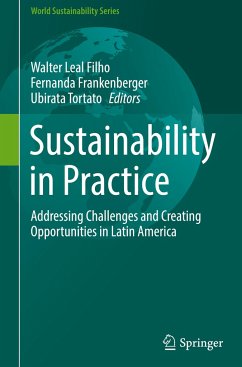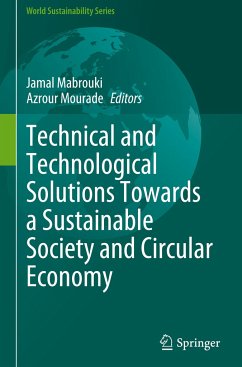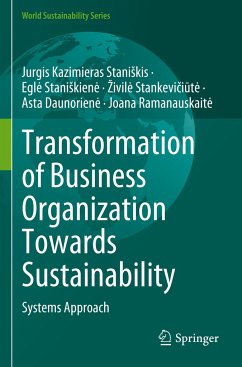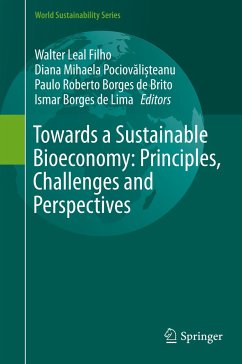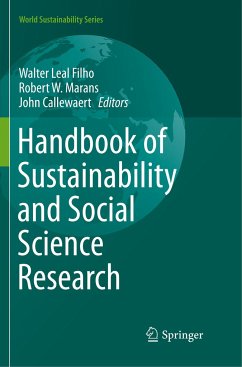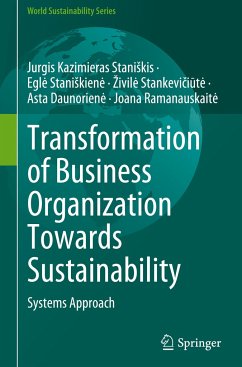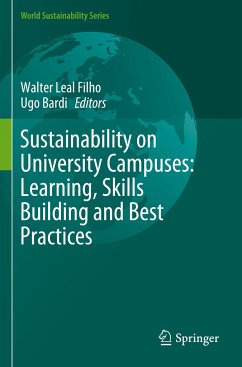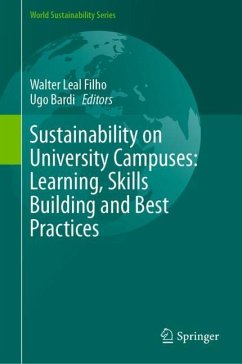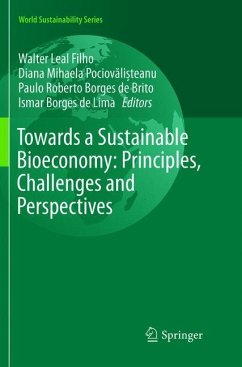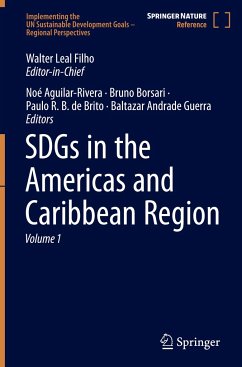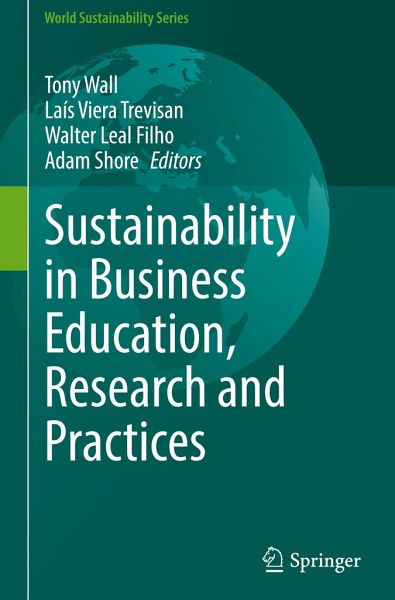
Sustainability in Business Education, Research and Practices

PAYBACK Punkte
57 °P sammeln!
The connections between sustainability and business education are becoming increasingly important due to the growing recognition of environmental and social challenges, as well as the role that businesses play in addressing these challenges. Businesses have a significant impact on the environment, society, and the economy. Issues such as climate change, resource depletion, social inequality, and ethical concerns directly affect business operations and performance. Business education needs to equip future leaders with the knowledge and skills to navigate these challenges responsibly. This book ...
The connections between sustainability and business education are becoming increasingly important due to the growing recognition of environmental and social challenges, as well as the role that businesses play in addressing these challenges. Businesses have a significant impact on the environment, society, and the economy. Issues such as climate change, resource depletion, social inequality, and ethical concerns directly affect business operations and performance. Business education needs to equip future leaders with the knowledge and skills to navigate these challenges responsibly. This book provides a platform for the dissemination of information on the latest initiatives and practices in these areas, and promotes future cooperation between universities and business schools across the globe.





